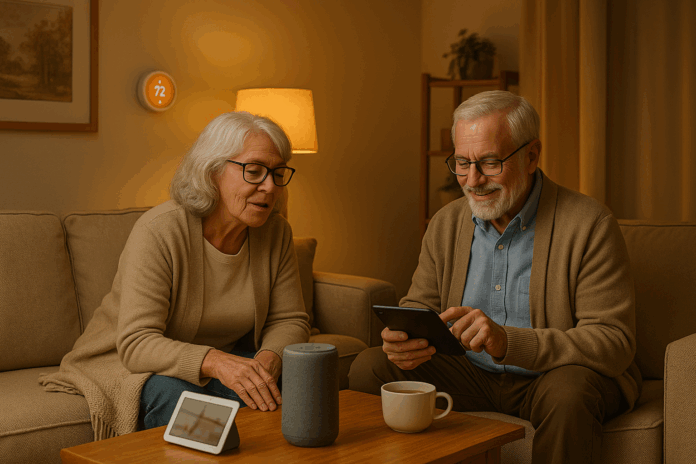Smart home technology is changing the way we live, and for seniors, it can make daily life safer and easier. From voice-activated assistants to automated lighting and security systems, these tools provide practical support that promotes independence.
For caregivers and family members, smart devices also bring peace of mind. They make it easier to stay connected, monitor safety, and ensure comfort without intruding on personal freedom.
Enhancing Independence with Smart Assistants
Integrating a smart assistant can significantly reduce the learning curve associated with new technology, making it an ideal starting point for seniors embracing smart home solutions. Smart home devices assist with daily activities such as lighting, security, health monitoring, and communication, reducing caregiver burden.
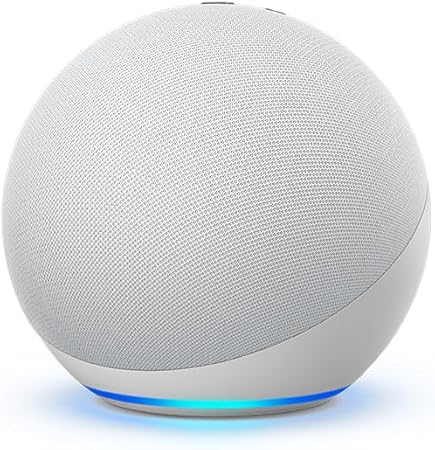
Amazon Alexa is a cloud-based voice assistant that enables users to perform a variety of tasks using simple voice commands. Installed in Amazon Echo devices and integrated into numerous third-party gadgets, Alexa can play music, control smart home devices, set reminders, provide weather updates, answer questions, and more.
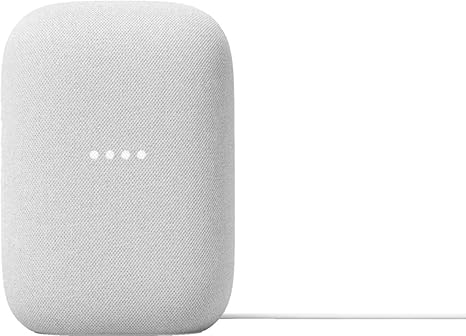
The Google Audio Bluetooth Speaker is a versatile smart speaker that combines high-quality wireless music streaming with the power of Google Assistant. Designed to deliver crisp and powerful sound, it’s perfect for enjoying your favorite playlists, podcasts, and audiobooks at home or on the go.
Improving Safety with Smart Security Systems
Safety is a primary concern for seniors living independently. Smart security systems, including smart cameras, doorbell cameras, and smart locks, enhance home security by providing real-time alerts and remote monitoring capabilities. Caregivers can also gain peace of mind by keeping an eye on their loved ones from afar.
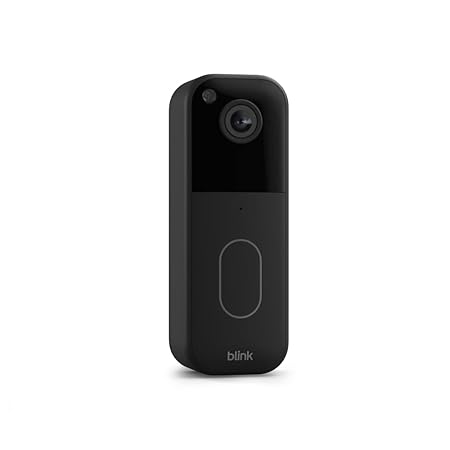
The Blink Video Doorbell is a smart home security device that offers convenient, on-demand video surveillance for your home. With its sleek design and easy installation, the doorbell provides HD video, two-way audio, and customizable motion detection, allowing homeowners to see, hear, and speak to visitors from their smartphone or tablet.

The Google Nest Doorbell is a smart video doorbell designed to enhance your home security and connectivity. Offering high-definition video streaming, the Nest Doorbell allows you to see who’s at your door from anywhere using the Google Home app on your smartphone or tablet.
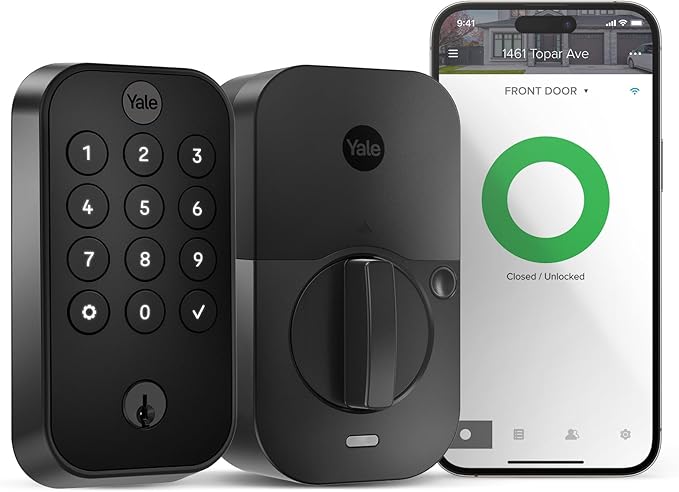
Comfort and Convenience with Smart Lighting and Thermostats
Enhancing your home with smart lighting and thermostats brings a new level of comfort and convenience to everyday living. These advanced devices allow you to control and customize your environment effortlessly, adjusting lighting and temperature settings with a simple voice command or tap on your smartphone.
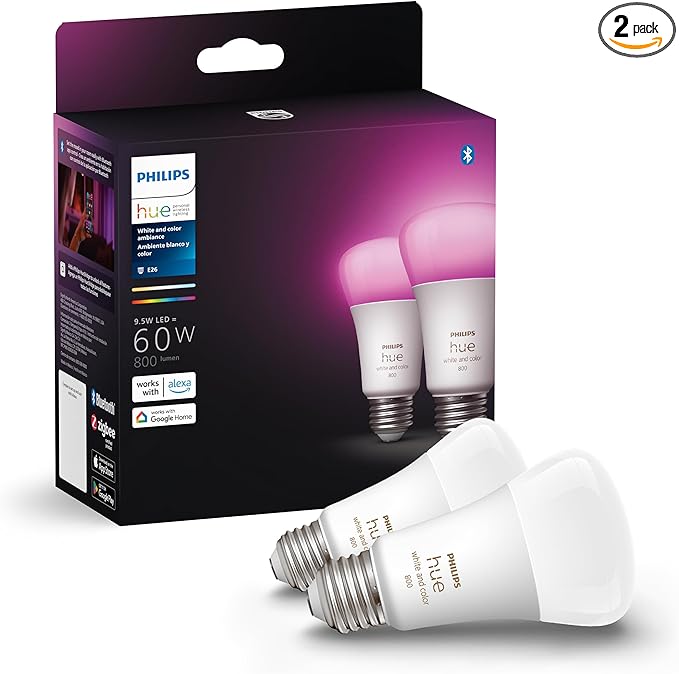
The Philips Hue Smart 60W A is a smart LED bulb designed to bring customizable lighting to your home. Offering a wide range of brightness levels and colors (in compatible models), it allows you to create the perfect ambiance for any occasion. Controlled through the Philips Hue app, a smart assistant like Alexa or Google Assistant
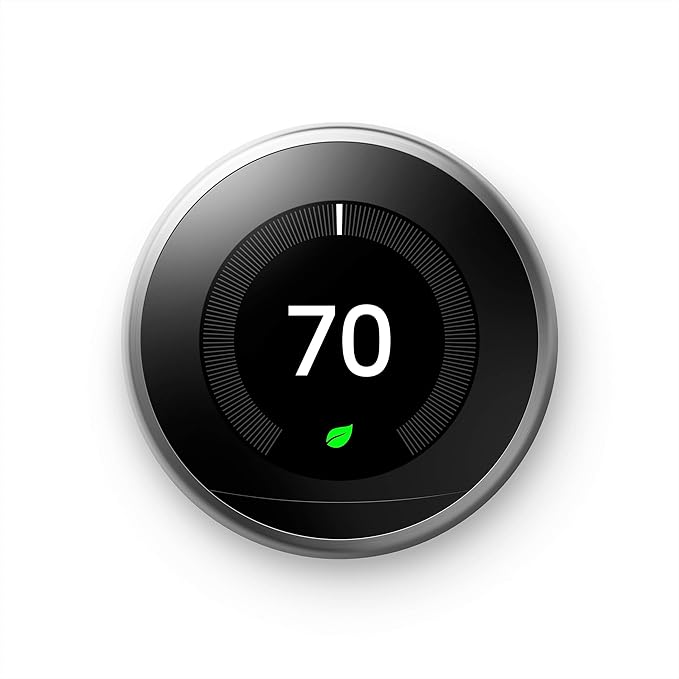
The Google Nest Learning Thermostat is a smart, energy-efficient thermostat that adapts to your lifestyle to optimize home heating and cooling. With its sleek design and intuitive interface, it learns your temperature preferences and automatically creates a personalized schedule.
Staying Connected with Smart Speakers
Smart speakers are revolutionizing the way we interact with technology, making everyday tasks simpler and more convenient. These devices go beyond playing music—they act as personal assistants, helping with everything from setting reminders and controlling smart home devices to answering questions and making hands-free calls.
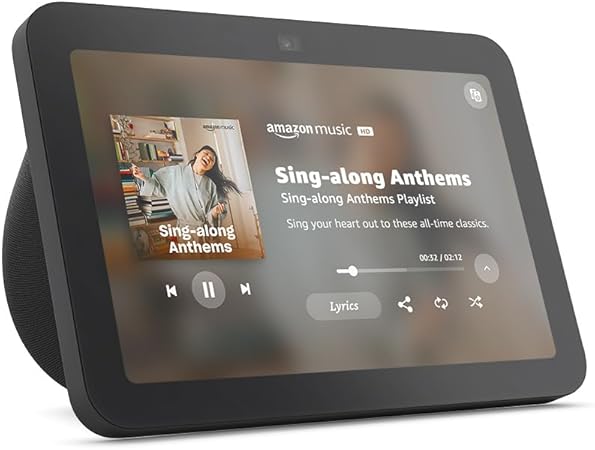
The Amazon Echo Show 8 is a versatile smart display that combines the functionality of a smart speaker with a vibrant 8-inch touchscreen. It provides all the benefits of Alexa, allowing you to control smart home devices, play music, get weather updates, and more through voice commands.
Simplifying Daily Tasks with Smart Plugs and Appliances
The advent of smart plugs and appliances is transforming how we manage our daily routines, adding ease and efficiency to our lives. These innovative devices allow you to control your home’s electronics remotely, automate schedules, and monitor energy usage with just a few taps on your smartphone or a simple voice command.
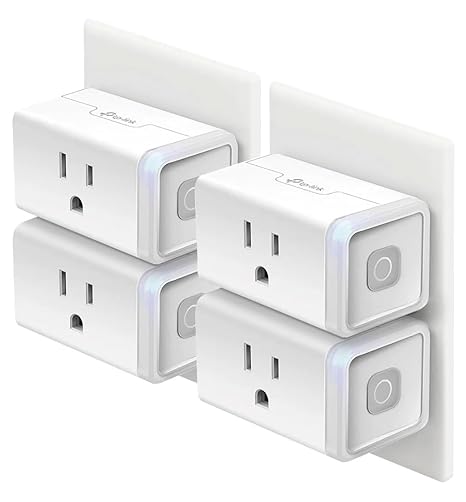
Building a Smarter Home
Smart devices work best when they fit your lifestyle and adapt to your needs. By focusing on compatibility, ease of use, and security, you can create a setup that supports independence, safety, and everyday convenience.
The right choices simplify routines, improve comfort, and provide peace of mind. With the right planning, your home can grow into a connected space that balances today’s needs with tomorrow’s technology.


